Vague policies such as laws forbidding the conversion of Hindus have passed in several Indian states, and the push for a similar federal law has gained support. These state anti-conversion laws have long been used against pastors, church planters and evangelists. Conversely, reconversion ceremonies known as Ghar Wapsi, or ‘homecoming’, which return Indians to Hinduism (sometimes by force), have become increasingly common. Despite greater government restrictions on Christianity, churches are growing.
On 30 October, police officers watched on as hundreds of people attacked 14 Christians in Chhattisgarh, India, after they defied orders to abandon their Christian faith and harvested crops from a communal farm.
Several of the Christians, including two women, were beaten with wooden rods and suffered head trauma and broken bones. The mob also demolished the believers’ homes, destroyed the crops they had harvested, and injured a police officer who had tried to help.
The violence occurred in south Chhattisgarh’s Dantewada district. The area’s tribal population, known as Adivasis, are considered peace-loving people. However, they often attack those among them who have converted to Christianity. Local radical Hindu nationalists sometimes inspire these attacks. In June, a Christian woman was brutally killed in the same district by her Hindu nationalist relatives.
Nagesh Micha, a Christian rights activist, questioned why the police failed to fulfil their duty and promptly act.
“The police, which are supposed to uphold the fundamental rights of an individual, have allowed 14 people to be beaten in their presence,” Micha said. “This means there are higher authorities who are supporting the mobs.”
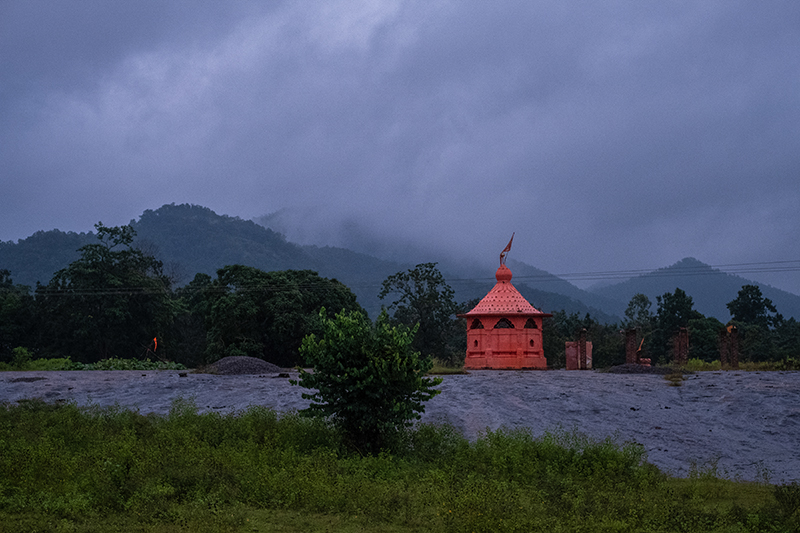
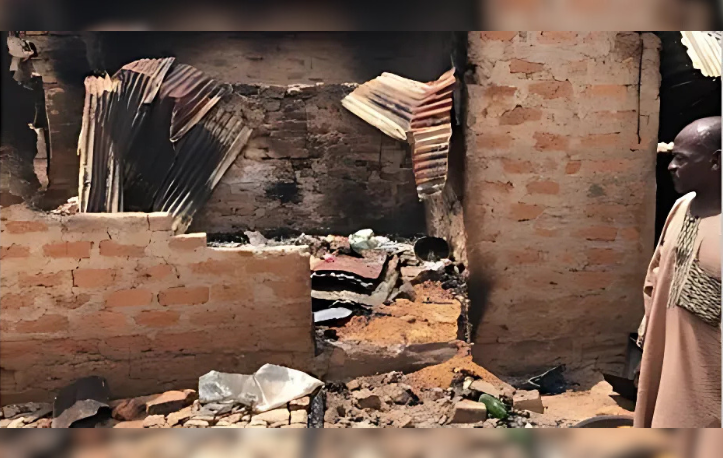

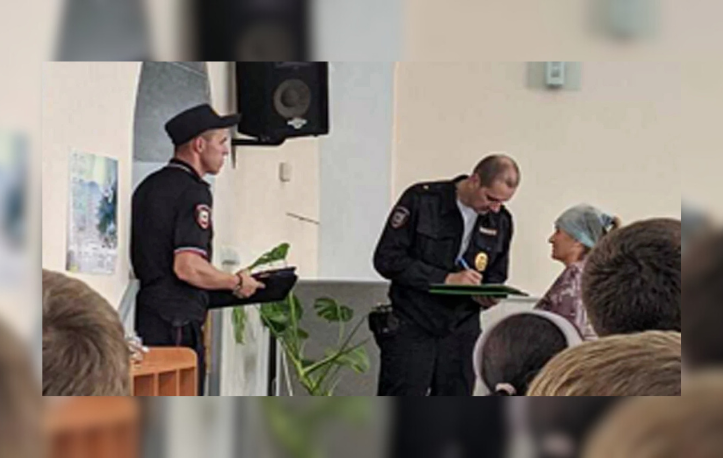
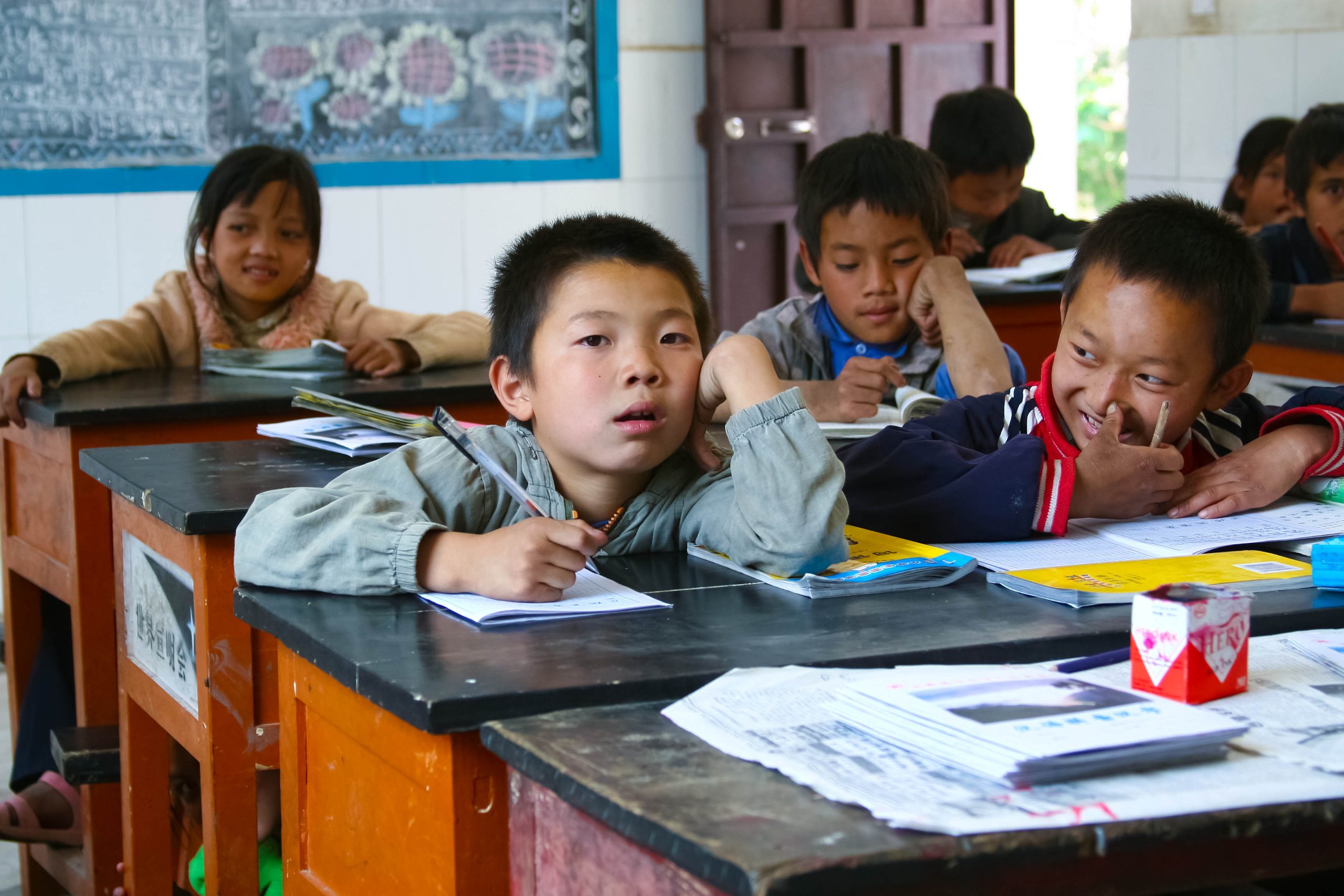

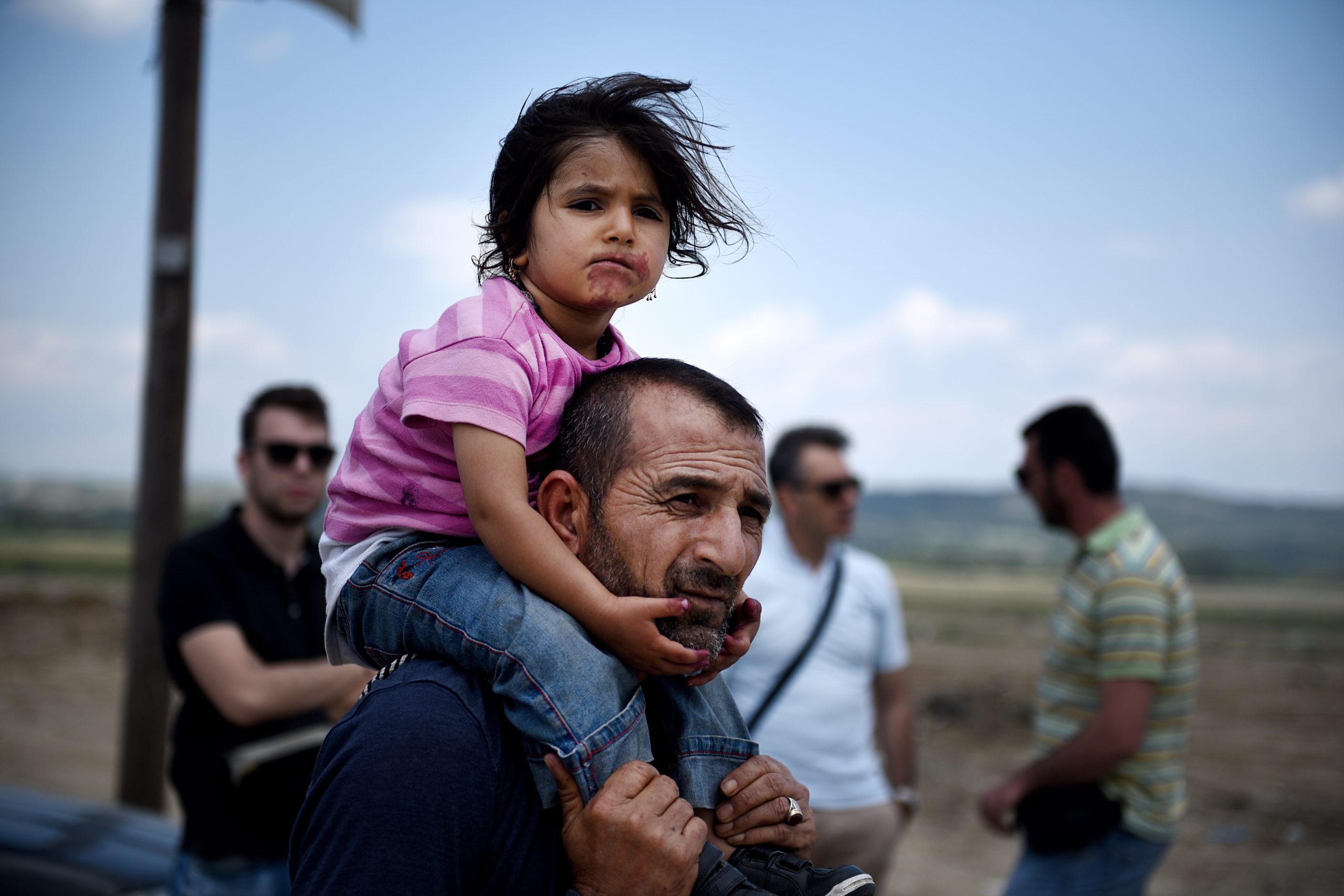
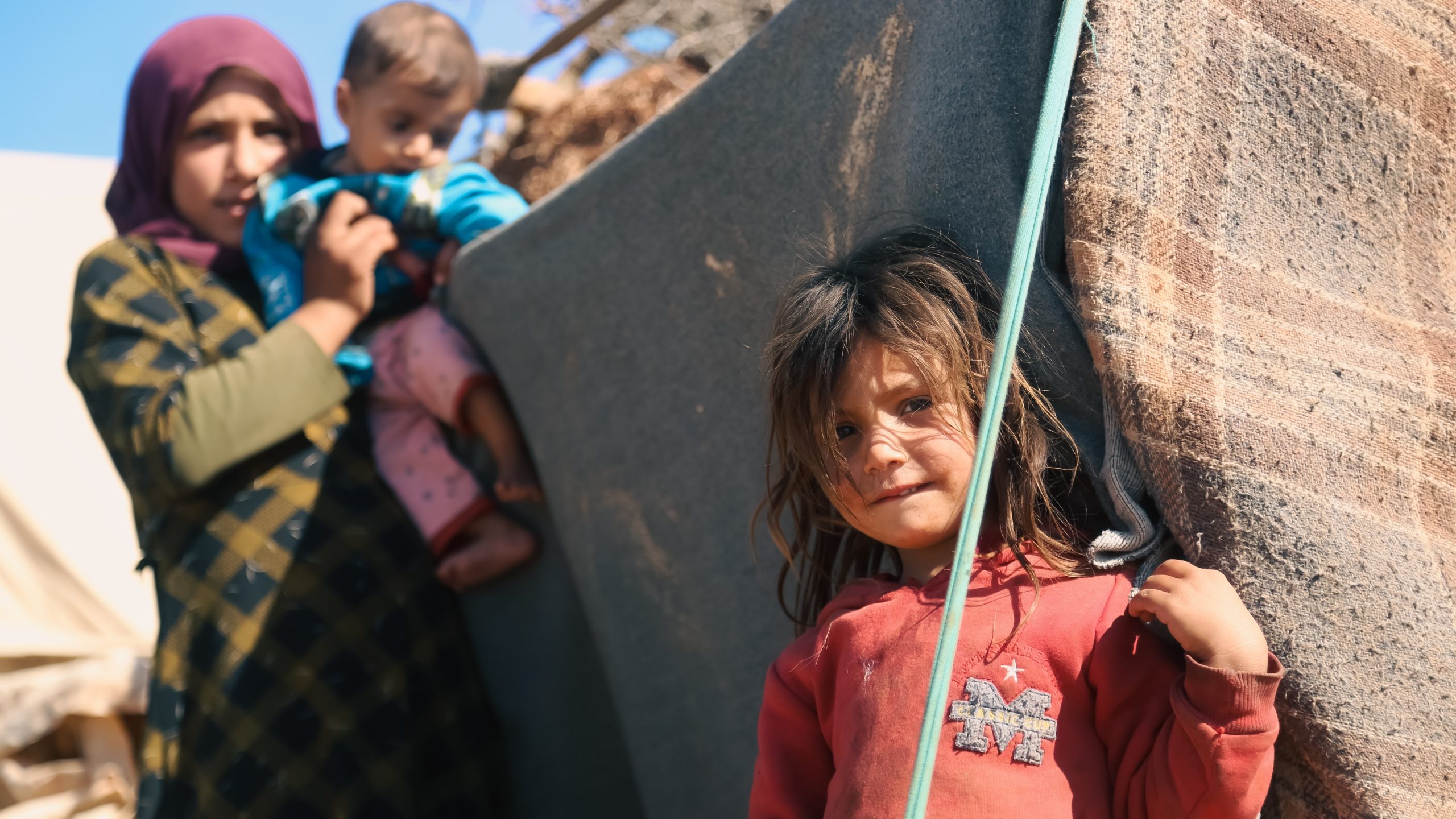







Submit a Prayer